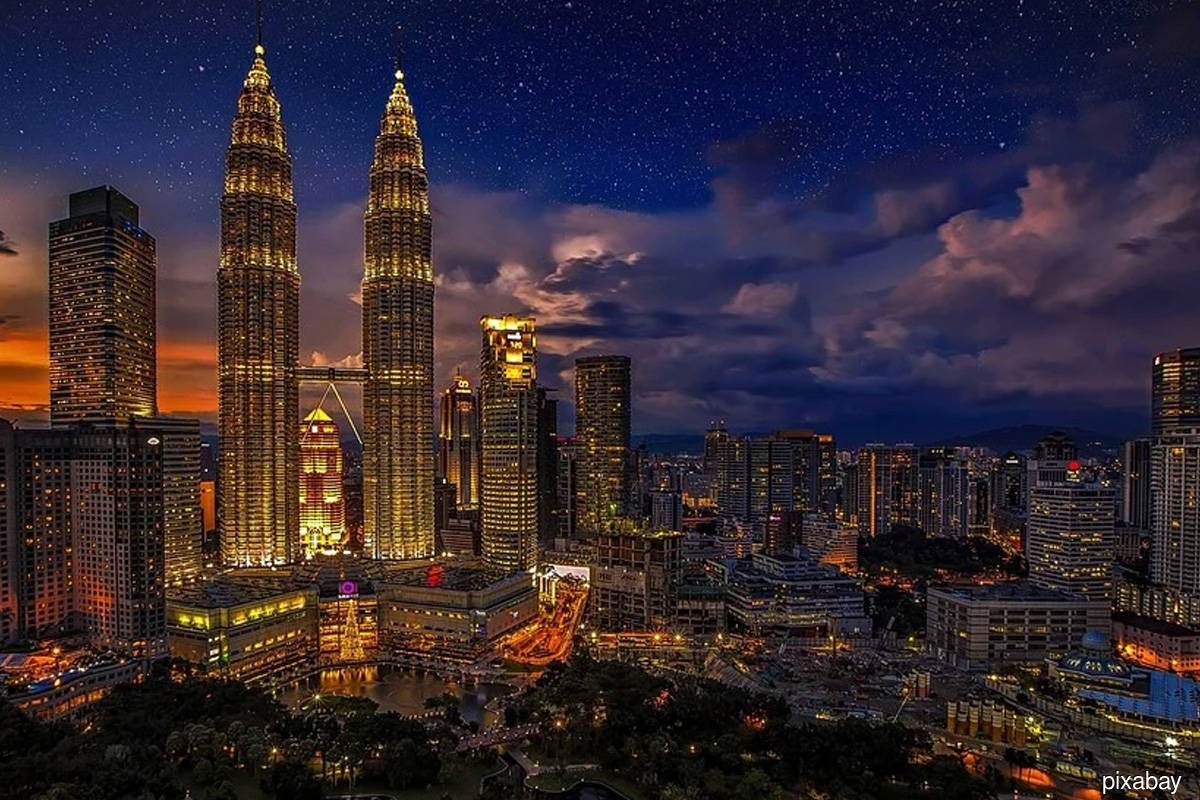Malaysia remains an attractive investment destination but political stability needed for growth — ASEAN-BAC
KUALA LUMPUR (Sept 20): Malaysia remains an attractive investment destination but political stability needed for economic growth and investment, according to the recently concluded ASEAN Business Advisory Council (ASEAN-BAC) consultation meeting in Malaysia with business associations representing US businesses to discuss Malaysia’s efforts in attracting foreign direct investment (FDI) from the United States and its business communities.
In a statement yesterday, United States ambassador to Malaysia Brian D. McFeeters said Malaysia has long been and continues to be a key trading partner with the United States. U.S. companies consistently rank among the largest employers in states like Penang and most U.S. company subsidiaries are managed by Malaysians and employ over 90% Malaysian employees.
“In the manufacturing sector, the United States is second only to Japan in investments, at nearly US$25 billion, including from high-tech companies such as Intel, First Solar, and Hewlett Packard.
“The continuation of a strong and collaborative relationship between the United States and Malaysia and the enhancement of policy consultative mechanisms will strengthen the business climate enabling Malaysia to continue to attract U.S. economic and commercial activity,” he said.
Meanwhile, Malaysian Investment Development Authority (MIDA) Deputy CEO (Investment Promotion & Facilitation) Sivasuriyamoorthy Sundara Raja said investment intentions remain healthy and foreign investors’ confidence in Malaysia remains high.
He said Malaysia is the fourth-largest economy in ASEAN, strategically positioned in the heart of Southeast Asia where it is well serviced by all primary air and shipping lines.
The country was ranked the second most competitive country in ASEAN in the IMD’s World Competitiveness Yearbook 2021.
US-ASEAN Business Council (USABC) Senior Vice President and Regional Managing Director Ambassador Michael W. Michalak said Malaysia has made impressive achievements amidst these challenging times, as seen by its over 200% increase in FDI inflows in the first half of 2021.
“American businesses are encouraged by this positive growth and we hope that Malaysia will continue establishing a conducive business ecosystem with robust and resilient supply chains to spur more investments, jobs and economic opportunities.
“A conducive business ecosystem would include continuous public-private consultations to ensure that businesses are involved in the crafting of policies that would affect them, in addition to ratifying key trade agreements that Malaysia has signed such as the Comprehensive and Progressive Agreement for Trans-Pacific Partnership (CPTPP) and Regional Comprehensive Economic Partnership (RCEP),” he said.
ASEAN-BAC Malaysia Chairman Tan Sri Dr Munir Majid said the think tank was as concerned as foreign businesses are with the dysfunction in government caused by domestic political turmoil on top of the unprecedented crisis caused by the COVID-19 pandemic.
“We make business representations, even express personal views. But Malaysia’s attractiveness for foreign investment remains and can be enhanced.
“We hope that with the new government and understanding with the opposition there will be a much-needed respite for the country to get down to business for economic benefit,” he said.
Malaysia needs to be decisive to attract value-added investments in priority sectors
Meanwhile, American Malaysian Chamber of Commerce (AMCHAM) CEO Siobhan Das Bachran said Malaysia remains an important destination for American investment, but headwinds present challenges.
“Malaysia needs to be decisive to attract value-added investments in priority sectors when U.S. businesses re-evaluate regional investment. This includes sustainability issues on the environment and labour, and the implementation of laws promoting digita l services and trade,” she said.
Source: https://www.theedgemarkets.com/article/malaysia-remains-attractive-investment-destination-political-stability-needed-growth


 Thailand
Thailand




